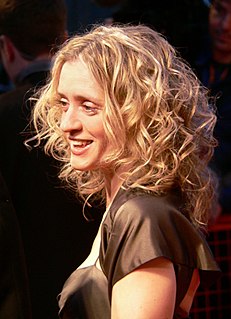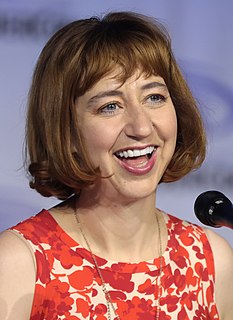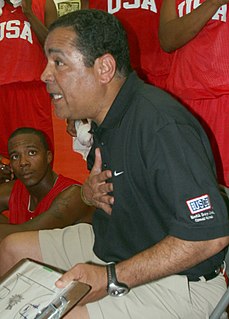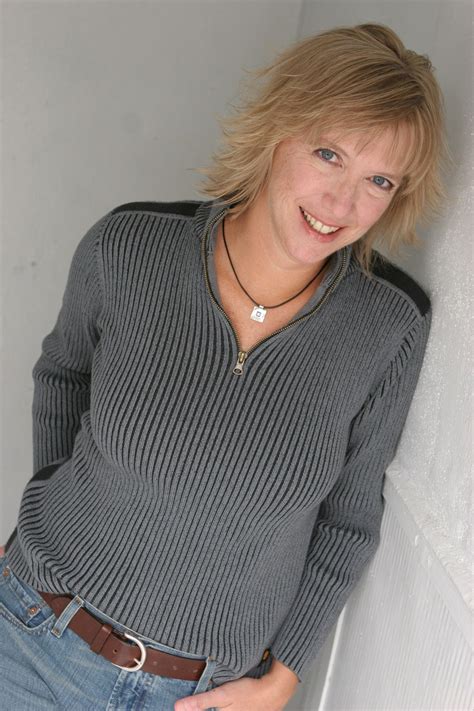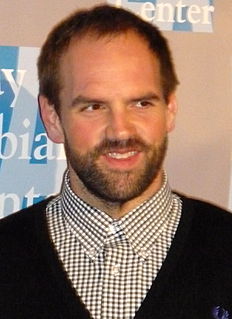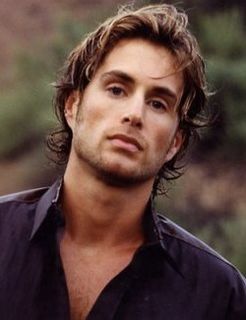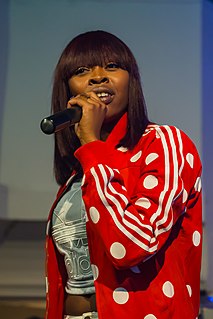A Quote by Anne Sexton
Until I was twenty-eight, I had a kind of buried self who didn't know she could do anything but make white sauce and diaper babies. I didn't know I had any creative depths.
Related Quotes
Like the guy I was dating. White, liberal, educated. I went to meet his family and I think that they probably didn't know they had a problem with it until he walked in with me. And they definitely had issues. Mom had issues with it. Could not, didn't want to see her son. And I don't think she had anything against me. But it was about her son bringing me home. And I felt that for the first time. I was like, 'Wow, that's deep.' It's really simple: I don't fit their picture.
I didn't really know anything about Margot Fonteyn. I'd never really been a ballet child, so I had no idea what an incredibly huge icon she was, not just in terms of a creative icon - she was also a style icon. I had no idea she was up there with Audrey Hepburn and Jackie Onassis in terms of that kind of image.
Nora leaves her husband, not-as the stupid critic would have it-because she is tired of her responsibilities or feels the need of woman's rights, but because she has come to know that for eight years she had lived with a stranger and borne him children. Can there be anything more humiliating, more degrading than a life-long proximity between two strangers? No need for the woman to know anything of the man, save his income. As to the knowledge of the woman-what is there to know except that she has a pleasing appearance?
You know, and the fact that Nina Simone had to start playing in clubs and sing because her parents had moved north to support her music education. You know, so she had to sing. She had to make a living 'cause she was supporting her family. So poverty and race put her in this place which, you know, created enormous success, but it's not what her psyche was all about.
My mother was very passionate about life and she would do anything for us. And she had to fight alone to raise us. We never had a lot of money for extras or anything. She had to work six days a week, and then she would do breakfast, lunch and dinner. She was a super-woman! For me, I don't know how she did it with three kids.
When you're a person of color in white America, you know white people. You know why you know white people? Because you can't enjoy any kind of entertainment if you are not able to humanize white people. If you watch a film and are like, "Oh, this has white people in it? Then I'm not interested," then you can't enjoy anything in America!
She thought of the hardness and the coldness she had cultivated over those years and wondered if they were the mask she wore or if the mask had become her self. If the longing inside her for kindness, for warmth, for compassion, was the last seed of hope for her, she didn't know how to nurture it or if it could live.
I know the M-word makes you nervous, but yeah. I'm talking about the big, permanent friendship. A little different from what Joe and Charles had, though. See, I want to be the kind of best friends who make love every night, who share all their darkest secrets and favorite jokes, and maybe even someday make babies together. I know that kind of friendship requires hard work, but you know, I'm pretty good at hard work. ~ Tom Paoletti, "The Unsung Hero
I think about the period of, like, the '70s and early '80s where nobody had money to make big movies and there was no CGI or anything like that and people had to get super creative. And then, you know, when you've got somebody who can paint you any picture on a computer and you get hundreds of millions of dollars to make a movie, its almost like the creativity diminishes somewhat.


